STRATEGI KOMUNIKASI INTERPERSONAL GURU PADA PENDIDIKAN ANAK USIA DINI SELAMA PEMBELAJARAN JARAK JAUH
Abstract
This study aimed to investigate the phenomenon about Teachers’ Interpersonal Communication Strategies in remote teaching during Pandemic COVID-19 at Tunas Mekar Kindergarten Tegaljadi Village and to determine the some resistances found in implementing interpersonal communication strategies by teachers during this Pandemic in Tunas Mekar Tegaljadi Village. It used a qualitative descriptive method using observation sheets and interview guides to teachers and parents. As for the results, first, there was three interpersonal communication strategies used by teacher in remote teaching during Pandimic COVID-19 at TK Tunas Mekar; 1) Communication as Action or One-Way Communication, 2) Communication as Interaction or Two-Way Communication, and 3) Multi-Way Communication or Transaction Communication. Second, there was some problem as a resintance found in implementing those communication strategies the most basic was slow response or feedback from students and parents, children quickly get bored or lose focus, and technical problems regarding internet networks.
References
Aprian, D. (2020). Bali Terapkan Jam Malam Menjelang Pergantian Tahun Selama 4 Hari. Kompas.Com.
Asgarwijaya, D. (2015). STRATEGI KOMUNIKASIINTERPERSONALANTARA GURU DAN MURID PAUD (Studi Deskriptif Komunikasi Interpersonal Antara Guru dan Murid PAUD Tunas Bahari Dalam Kegiatan Belajar Mengajar).
E-Proceeding of Management, 2(1), 1008.
Basar, A. M., Islam, P. A., Nurul, S., Cikarang, F., & Bekasi, B. (2021). Problematika Pembelajaran Jarak Jauh Pada Masa Pandemi Covid-19 ( Studi Kasus di SMPIT Nurul Fajri – Cikarang Barat – Bekasi ) A . Pendahuluan kemampuan , sikap , dan bentuk-bentuk tingkah laku yang bernilai positif . Hal itu untuk pencipta . Pendidikan s. 2(1), 208–218.
Bramasta, D. B. (2020). Mengenal Apa Itu New Normal di Tengah Pandemi Corona... Artikel ini telah tayang di Kompas.com dengan judul “Mengenal Apa Itu New Normal di Tengah Pandemi Corona...” Kompas.Com.
Cetinkaya, L. (2017). International Review of Research in Open and Distributed Learning The Impact of Whatsapp Use on Success in Education Process. International Review of Research in Open and Distributed Learning, 18(7), 1–8.
Connelly, L. M. (2016). Trustworthiness in qualitative research. MedSurg Nursing, 25(6), 435+.
Creswell, J. W., & Creswell, J. D. C. (2017). Reseach Design; Qualitative, Quantitative, Mix Methodes Approaches (1st ed.). SAGE Publications Inc.
Dinas Kesehatan Provinsi Bali. (2020). Bali Waspada Virus Corona. Diskes.Baliprov.Go.Id.
Gitiyarko, V. (2020). Upaya dan Kebijakan Pemerintah Indonesia Menangani Pandemi Covid-19. Kompas.Com.
Hakim, L. (2020). Disiplin 3M, Kunci Utama Tekan Penularan Covid-19. Kementerian Komunikasi Dan Informastika Republik Indonesia.
Hapsurani, F. Y., Fitriawan, R. A., & Aprianti, A. (2018). PENERAPAN BINA BICARA DALAM KOMUNIKASI INTERPERSONAL GURU DAN SISWA TUNARUNGU SLB-B SUKAPURA KIARACONDONG. 5(1), 1349–1358.
Ida Bagus Alit Arta Wiguna. (2021). Kepemimpinan Kepala Sekolah PAUD Di Masa Pandemi Covid-19. 221–233. https://doi.org/https://doi.org/10.33363/sn.v0i1.63
Ida Bagus Alit Arta Wiguna, K. A. T. R. D. (2020). Strategi Guru Dalam Peningkatan Mutu Pembelajaran Etika Hindu. Jurnal Penjaminan Mutu, 6(2), 210–220. https://doi.org/DOI: http://dx.doi.org/10.25078/jpm.v6i2.1449
Irwansyah, R., Darmayani, S., Mastikawati, M., Saputro, A. N. C., Wihartanti, L. V., Fauzi, A., Arifudin, O., Purandina, I. P. Y., Latifah, E. D., Septiyani, T., Pangestika, R. R., Fatayah, F., Ayuningtyas, P., Lemba, V. C., & Hartono, R. (2021). PERKEMBANGAN PESERTA DIDIK . In Widina Bhakti Persada Bandung. Widina Bhakti Persada Bandung.
Kementerian Luar Negeri Republik Indonesia. (2020). KEBIJAKAN PEMERINTAH REPUBLIK INDONESIA TERKAIT WABAH COVID-19. Kemlu.Go.Id.
Kementerian Pendidikan dan Kebudayaan. (2020). Pemerintah Daerah Diberikan Kewenangan Penuh Tentukan Izin Pembelajaran Tatap Muka.
Komariah, S., & Purwati, N. (2019). KOMUNIKASI INTERPERSONAL GURU DALAM PEMBENTUKAN KARAKTER ANAK DI TK AL_AZZAM DESA KANANGA KECAMATAN BOLO KABUPATEN BIMA. Komunikasi Dan Kebudayaan, 6(April), 57–67.
Malyana, A. (2020). Pelaksanaan Pembelajaran Daring dan Luring Dengan Metode Bimbingan Berkelanjutan Pada Guru Sekolah Dasar Di Teluk Betung Utara Bandar Lampung. Jurnal Ilmiah Pendidikan Dasar Indonesia, 2(1), 67–76.
Nurhayati. (2020). KOMUNIKASI INTERPERSONAL DALAM KEGIATAN BELAJAR MENGAJAR. Mutakkalimin Jurnal Ilmu Komunikasi, 3(1), 23–27. https://doi.org/https://doi.org/10.1234/jab.v1i1.20
Pontoh, W. P. (2013). PERANAN KOMUNIKASI INTERPERSONAL GURU DALAM MENINGKATKAN PENGETAHUAN ANAK. Acta Diurna, I(I), 1–11.
Purandina, I. P. Y. (2020a). ‘PLUS-MINUS’PEMBELAJARAN DARING BAHASA INGGRIS SELAMA PANDEMI COVID-19. In M. Yusuf (Ed.), Pengalaman Pembelajaran Bahasa Inggris Daring di Perguruan Tinggi pada Masa Pandemi Covid-19 (p. 153). Deepublish.
Purandina, I. P. Y. (2020b). Pendidikan Karakter Tumbuh Subur di Lingkungan Keluarga selama Pandemi COVID-19. In COVID-19: Perspektif Pendidikan (pp. 99–114). Yayasan Kita Menulis.
Purandina, I. P. Y. (2020c). THE USE OF ENGLISH CLASSROOM GREETING AND CHARACTER BUILDING IN TK PELITA SARI DESA MAMBANG TABANAN. Jurnal Pendidikan Bahasa Inggris Indonesia, 8(2), 12–19. https://doi.org/10.23887/jpbi.v8i2.3495
Purandina, I. P. Y. (2021). Whatsapp Sebagai Solusi Keterbatasan Guru Dengan Anak Didik Pada Saat Pandemi Covid-19 Di TK Tunas Mekar Desa Tegaljadi. Widyacarya Jurnal Pendidikan, Agama & Budaya, 5(1), 1–11.
Purandina, I. P. Y., & Winaya, I. M. A. (2020a). Berkarakter dalam Literasi Digital : Menjaga Kedamaian Umat di Era Digital. 1–18.
Purandina, I. P. Y., & Winaya, I. M. A. (2020b). Pendidikan Karakter di Lingkungan Keluarga Selama Pembelajaran Jarak Jauh pada Masa Pandemi COVID-19. Cetta: Jurnal Ilmu Pendidikan, 3(2), 270–290. https://doi.org/10.37329/cetta.v3i2.454
Putria, H., Maula, L. H., & Uswatun, D. A. (2020). Analisis Proses pembelajaran Dalam Jaringan (DARING) Masa Pandemi COVID-19 pada Guru Sekolah Dasar. Jurnal Basicedu, 4(4), 861–872. https://doi.org/10.31004/basicedu.v4i4.460
Putro, K. dkk. (2020). Pola interaksi anak dan orangtua selama kebijakan pembelajaran di rumah. Fitrah: Jurnal of Islamic Education, 1(1), 124–140.
Rigianti, H. A. (2020). KENDALA PEMBELAJARAN DARING GURU SEKOLAH DASAR DI KABUPATEN BANJARNEGARA. Elementary School, 28(2), 1–43.
Roulston, K. (2018). Triangulation in qualitative research. QualPage.
Saxena, S. K. (2020). Coronavirus Diseas 2019 (COVID-19): Epidemoogy, Pathogenis, Diagnosis, and Therapeutics.
Soleha, A. R. (2020). Kondisi UMKM Masa Pandemi Covid-19 Pada Pertumbuhan Ekonomi Krisis Serta Program Pemulihan Ekonomi Nasional. Jurnal Ekombis, 6(2), 165–178.
Sugiono. (2019). Metode Penelitian Kualitatif. Afabeta.
Syaharudin, S. (2020). Pembelajaran Masa Pandemi: dari Konvenstional ke Daring. E-Print.Ulm.Ac.Id.
Wahyono, P., Husamah, H., & Budi, A. S. (2020). Guru profesional di masa pandemi COVID-19: Review implementasi, tantangan, dan solusi pembelajaran daring. Jurnal Pendidikan Profesi Guru, 1(1), 51–65.
Wiguna, I. B. A. A., & Ekaningtyas, N. L. D. (2021). STRATEGI ORANG TUA DALAM MENDAMPINGI ANAK USIA DINI BELAJAR DARING DI RUMAH. Pratama Widya: Jurnal Pendidikan Anak Usia Dini, 6(1), 86–95.

This work is licensed under a Creative Commons Attribution-ShareAlike 4.0 International License.
Authors who publish with this journal agree to the following terms:
- Authors retain copyright and grant the journal right of first publication with the work simultaneously licensed under a Creative Commons Attribution-ShareAlike 4.0 International License that allows others to share the work with an acknowledgement of the works authorship and initial publication in this journal.
- Authors are able to enter into separate, additional contractual arrangements for the non-exclusive distribution of the journals published version of the work (e.g., post it to an institutional repository or publish it in a book), with an acknowledgement of its initial publication in this journal.
- Authors are permitted and encouraged to post their work online (e.g., in institutional repositories or on their website) prior to and during the submission process, as it can lead to productive exchanges, as well as earlier and greater citation of published work (See The Effect of Open Access).


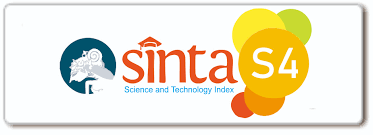
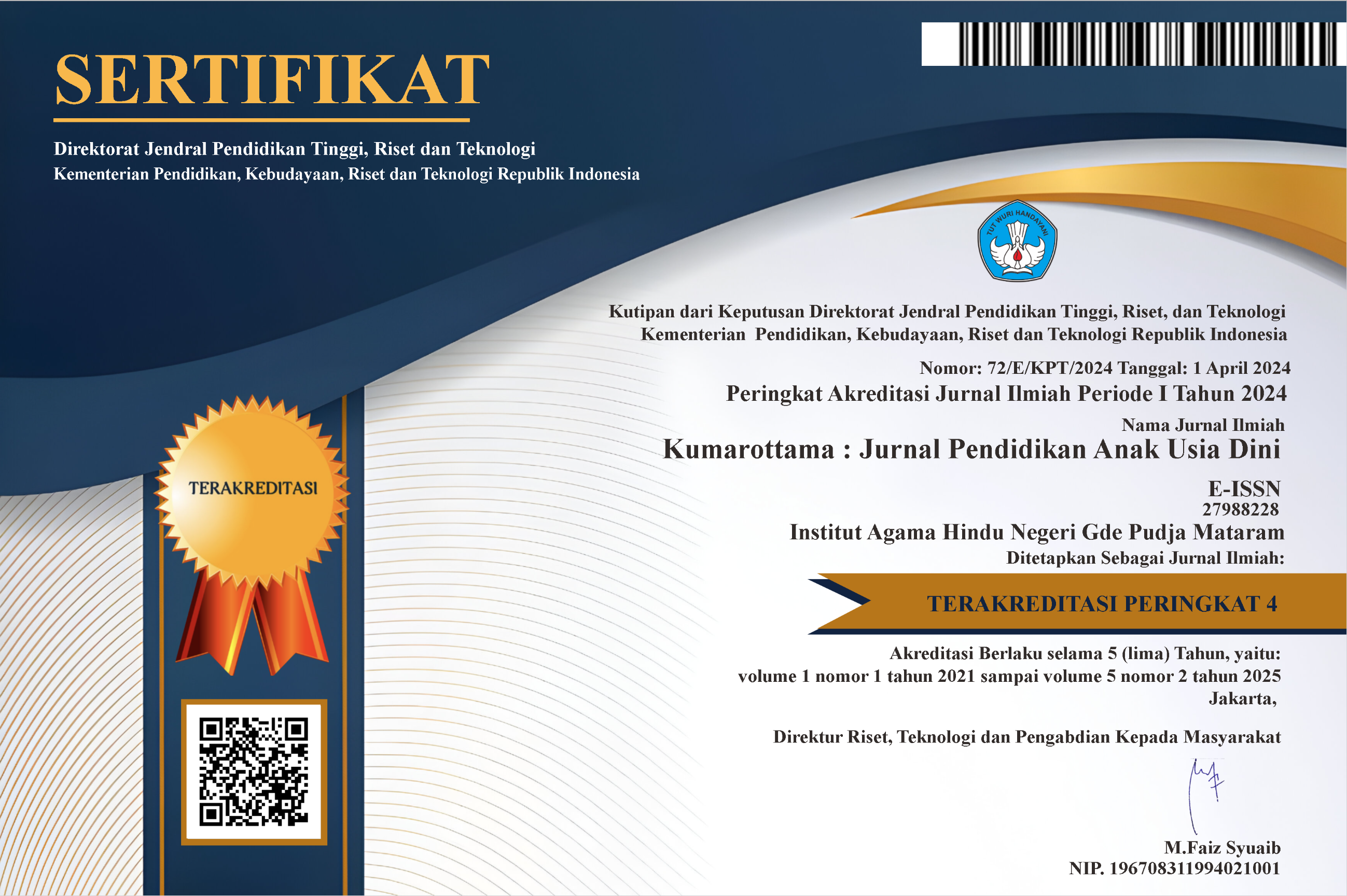


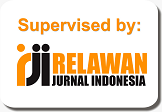
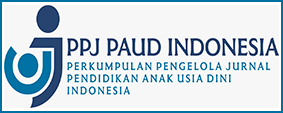
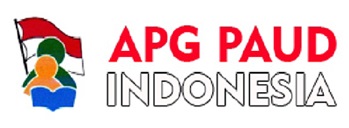

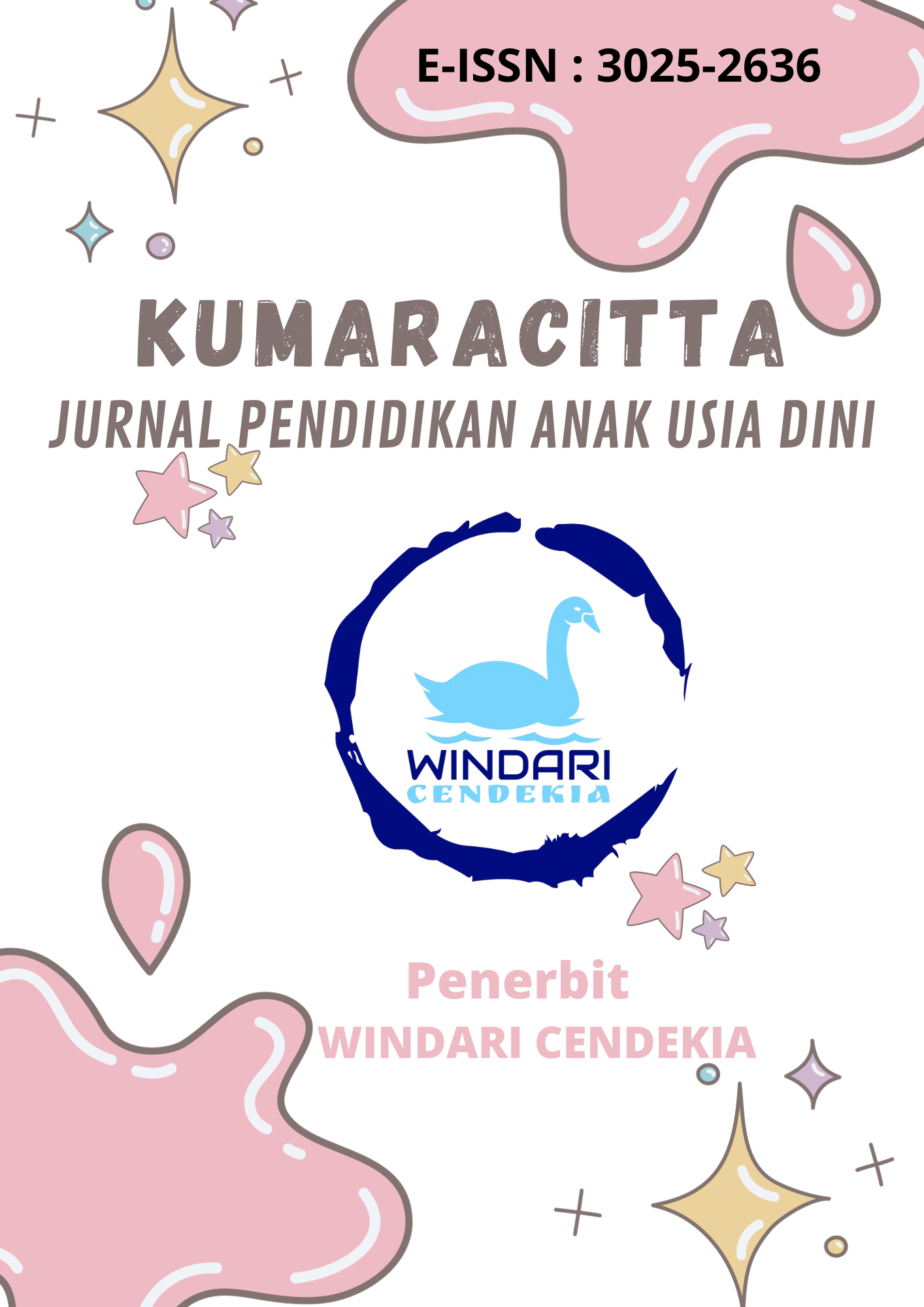
.png)














